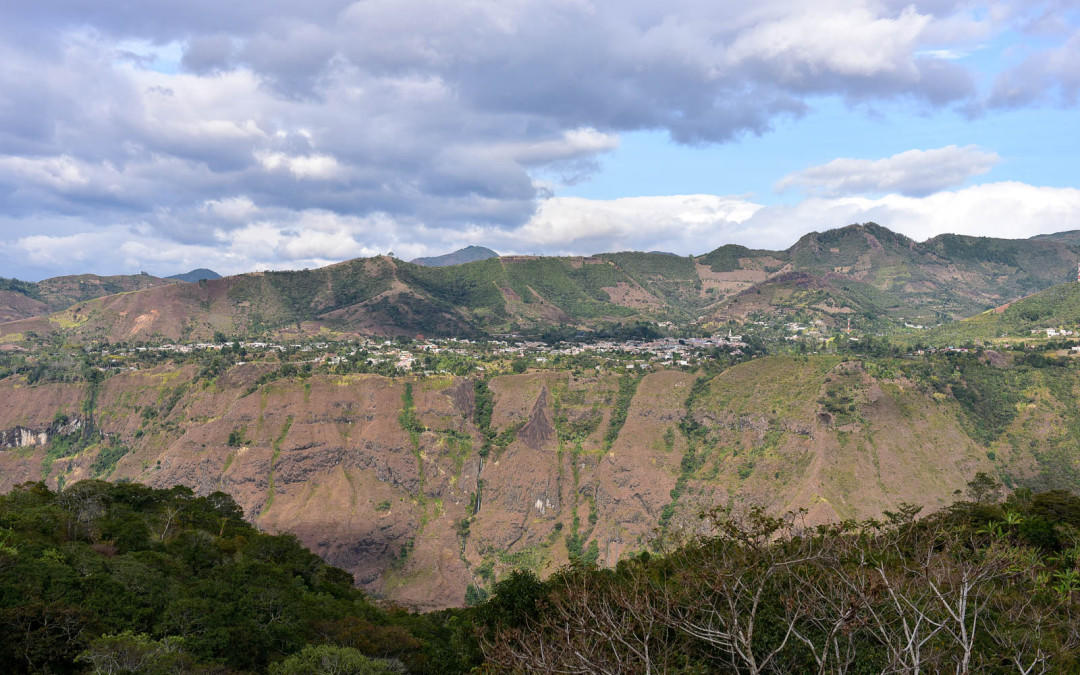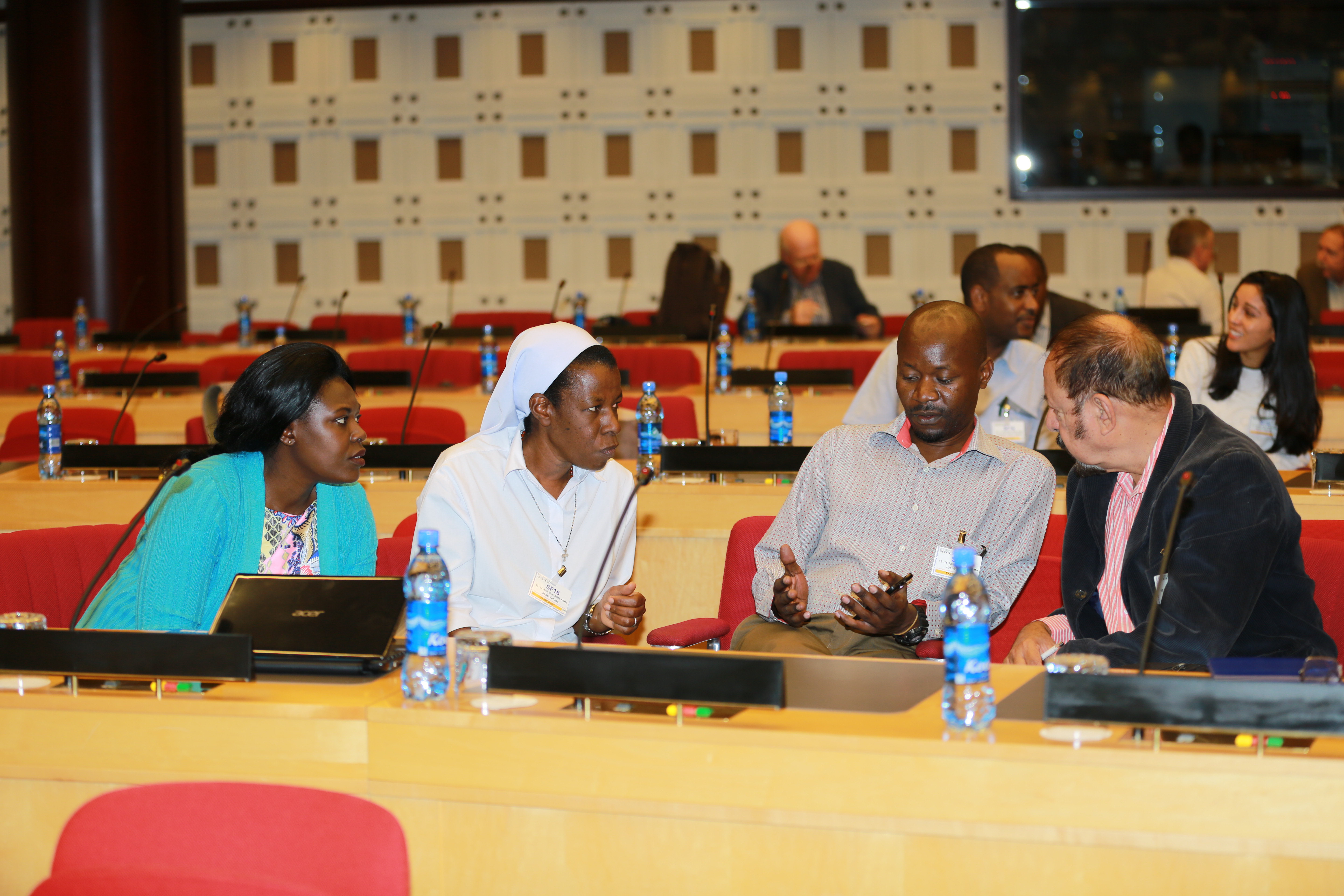Pathways to rural prosperity: reflections on the 2016 Science Forum

How can we engage agricultural research in order to forge new pathways for rural prosperity? This was the question that was critically debated at the Science Forum organized by the CGIAR Independent Science and Partnership Council (ISPC) in Addis Ababa, Ethiopia, from April 12th – 14th.
The Forum brought together scientists both external and internal to CGIAR in order to deliberate the Consortium’s research portfolios and objectives moving forward. I participated as an Early Career Scientist, from the Gender and Climate Change group of the International Center for Tropical Agriculture (CIAT), based in Colombia.
Setting the scene
A main point that quickly emerged during the initial days of the Forum was that “the rural” is much more complex than commonly assumed. Ruben G. Echeverría, Director General of CIAT, highlighted on Day 2 that, “the rural economy is more than agriculture.” In Latin America for example, many family farms are looking to diversify their livelihoods beyond agriculture and invest their time in other non-farm sectors. Additionally, with increasing urbanization, farming generally does not just take place in remote, isolated areas, but rather in dynamic, diverse territories. This means that it is necessary to direct research at the rural-urban interface.
Ideas for new pathways
What does all this mean for CGIAR research? The key takeaways from the Forum were many, but I focus on two principal ones below.
New pathways to rural prosperity will depend heavily on finely crafted, complex partnerships.
Achieving impact at scale will require involving diverse stakeholders, including research, state and civil society organizations. In particular, it is increasingly important to link with the private sector, a key partner that has often been neglected. Successful partnerships that facilitate effective application of science will have carefully considered factors of capacity and complementarity. Approaches like those focused on value chains will be valuable for identifying key actors and understanding the context of a partnership.
For additional information on forming partnerships in an era of climate change, download the Forum presentation.
Participatory approaches are important for stronger impact.
Future pathways will have to take advantage of participatory research approaches for successful integration of indigenous and scientific knowledge. With regards to climate change, this means: developing mechanisms to document and recognize the adaptation strategies that local producers use; but also developing and applying scientific information where these fall short in order to strengthen local adaptation and develop effective climate change solutions.

Credit: ILRI/Apollo Habtamu
The discussions that took place at the Science Forum point to certain research priorities and challenges. Next steps forward will have to address particular knowledge and methodological gaps to make these pathways happen. For example, what are the guidelines and best practices for forming partnerships to influence policy? Which are the most effective methodologies for integrating indigenous and scientific knowledge?
In order to help diminish poverty, scientists of agriculture and food security are challenged to develop research that addresses the diverse and rapidly changing social, ecological and economic environments in which agriculture takes place. The Science Forum has outlined the most promising pathways, and we look forward to the steps to be forged ahead.
Tatiana Gumucio is a Gender Postdoctoral Fellow in the Decision and Policy Analysis (DAPA) Research Area at CIAT in Cali, Colombia. She is also the CIAT Gender Focal Point for the CGIAR Research Program in Forests, Trees and Agroforestry (FTA).
